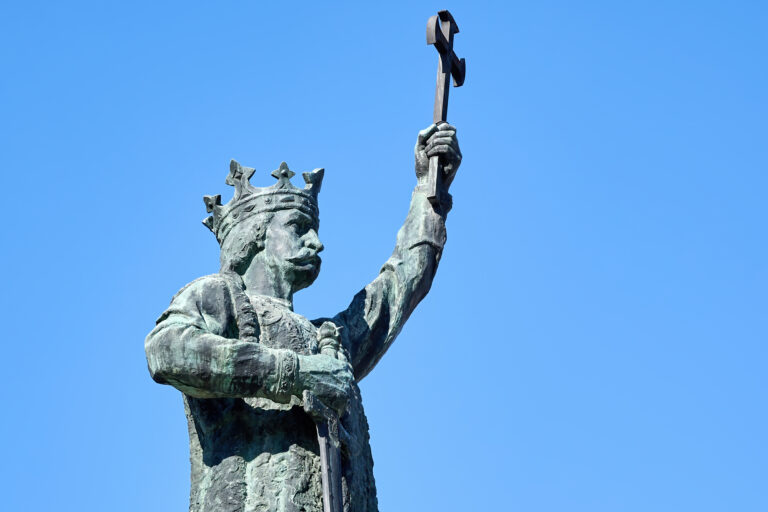Introduction
The Encyclopedia of African American Women Writers, edited by Yolanda Williams Page, is a comprehensive literary reference that highlights the contributions of African American women to literature. Published in 2007 under the ISBN 9780313329456, this two-volume work provides biographical and critical insights into the lives and works of over 150 African American women writers from the 18th century to the contemporary era.
This encyclopedia is an essential resource for scholars, students, and general readers interested in African American literature, feminist studies, and cultural history. It not only documents the literary achievements of these women but also contextualizes their works within broader social, political, and cultural movements.
In this article, we will explore the key insights offered by this encyclopedia, including:
-
The Historical Context of African American Women Writers
-
Major Themes in Their Works
-
Notable Authors and Their Contributions
-
The Impact of African American Women Writers on Literature and Society
-
The Importance of This Encyclopedia in Literary Studies
1. The Historical Context of African American Women Writers
African American women have been writing and publishing since the 18th century, yet their voices were often marginalized in mainstream literary circles. Early writers such as Phillis Wheatley (1753–1784), the first published African American poet, faced immense racial and gender barriers. Despite these challenges, Wheatley’s poetry demonstrated intellectual prowess and contributed to early African American literary traditions.
The 19th century saw the rise of abolitionist writers like Harriet Jacobs (Incidents in the Life of a Slave Girl, 1861), who exposed the brutalities of slavery from a Black woman’s perspective. The post-slavery era brought forth writers like Frances Ellen Watkins Harper, a poet and activist whose works advocated for racial and gender equality.
The Harlem Renaissance (1920s–1930s) marked a significant period for African American literature, with writers like Zora Neale Hurston (Their Eyes Were Watching God, 1937) exploring Black identity, folklore, and feminism. The Civil Rights and Black Arts Movements further amplified the voices of African American women, leading to the emergence of influential authors such as Maya Angelou, Toni Morrison, and Alice Walker.
This encyclopedia meticulously traces these historical developments, illustrating how African American women writers have navigated oppression while shaping literary and cultural discourse.
2. Major Themes in Their Works
The works of African American women writers often explore recurring themes that reflect their lived experiences. Some of the most prominent themes include:
A. Race and Identity
Many African American women writers examine the complexities of racial identity in a society marked by systemic racism. Works like Toni Morrison’s The Bluest Eye (1970) delve into internalized racism and beauty standards, while Audre Lorde’s essays confront intersectional oppression.
B. Gender and Feminism
Black feminist thought is a cornerstone of African American women’s literature. Writers like Alice Walker (coiner of the term womanism) and bell hooks have critiqued both racial and gender oppression, advocating for the empowerment of Black women.
C. Slavery and Historical Trauma
The legacy of slavery remains a powerful theme, as seen in Octavia Butler’s Kindred (1979) and Margo Jefferson’s Negroland (2015). These works explore how historical trauma continues to affect contemporary Black life.
D. Community and Family
Many writers highlight the strength of Black familial and communal bonds. Jamaica Kincaid’s Annie John (1985) and Terry McMillan’s Waiting to Exhale (1992) portray the complexities of relationships within Black communities.
E. Spirituality and Resilience
Spiritual themes are prevalent in works like Maya Angelou’s I Know Why the Caged Bird Sings (1969), which emphasizes survival and self-discovery through faith and personal strength.
3. Notable Authors and Their Contributions
The Encyclopedia of African American Women Writers provides detailed entries on numerous influential figures. Below are some of the most significant authors featured:
A. Toni Morrison (1931–2019)
A Nobel Prize-winning author, Morrison’s novels (Beloved, Song of Solomon) explore African American history with lyrical prose and deep psychological insight.
B. Maya Angelou (1928–2014)
Best known for her autobiographical I Know Why the Caged Bird Sings, Angelou’s works celebrate resilience and Black womanhood.
C. Zora Neale Hurston (1891–1960)
A key figure of the Harlem Renaissance, Hurston’s Their Eyes Were Watching God is a seminal work in African American literature.
D. Alice Walker (b. 1944)
Walker’s The Color Purple (1982) won the Pulitzer Prize and remains a landmark feminist text.
E. Audre Lorde (1934–1992)
A poet and activist, Lorde’s works (Sister Outsider) address intersectionality and social justice.
F. Octavia Butler (1947–2006)
A pioneer of Afrofuturism, Butler’s science fiction (Parable of the Sower) explores race, power, and survival.
The encyclopedia also includes lesser-known but equally important writers, ensuring a comprehensive view of African American women’s literary contributions.
4. The Impact of African American Women Writers on Literature and Society
The influence of these writers extends beyond literature into social and political movements. Their works have:
-
Challenged Stereotypes: By presenting nuanced portrayals of Black women, they have countered racist and sexist caricatures.
-
Inspired Activism: Writers like Angela Davis and June Jordan connected literature with civil rights and feminist movements.
-
Shaped Academic Discourse: Their works are central to African American studies, women’s studies, and postcolonial theory.
-
Expanded Literary Genres: From Hurston’s ethnographic fiction to Butler’s speculative fiction, these writers have redefined literary boundaries.
5. The Importance of This Encyclopedia in Literary Studies
The Encyclopedia of African American Women Writers is a vital scholarly resource because:
-
It preserves literary history, ensuring that overlooked writers receive recognition.
-
It provides critical analysis, helping readers understand the socio-political contexts of these works.
-
It serves as a teaching tool for educators and students exploring African American and feminist literature.
-
It celebrates diversity within Black women’s writing, showcasing a range of styles, themes, and perspectives.
Conclusion
The Encyclopedia of African American Women Writers (ISBN: 9780313329456) is an indispensable guide to the rich legacy of Black women in literature. By documenting their struggles, triumphs, and artistic innovations, this work ensures that their voices remain central to literary and cultural studies.
For anyone seeking to understand the depth and breadth of African American women’s writing, this encyclopedia offers an authoritative and inspiring resource. It not only honors the past but also inspires future generations of writers and thinkers to continue this vital literary tradition.






